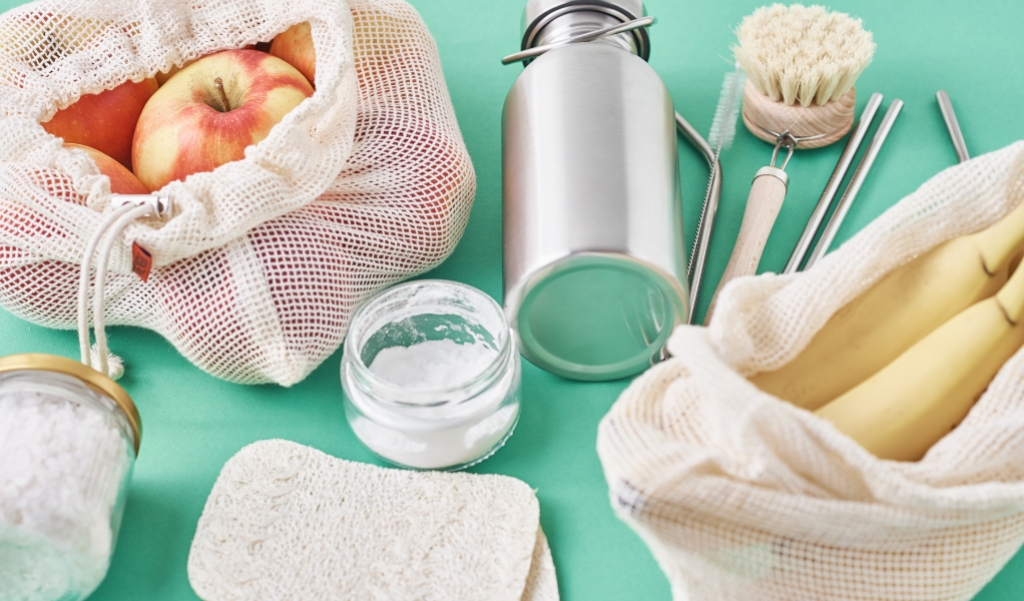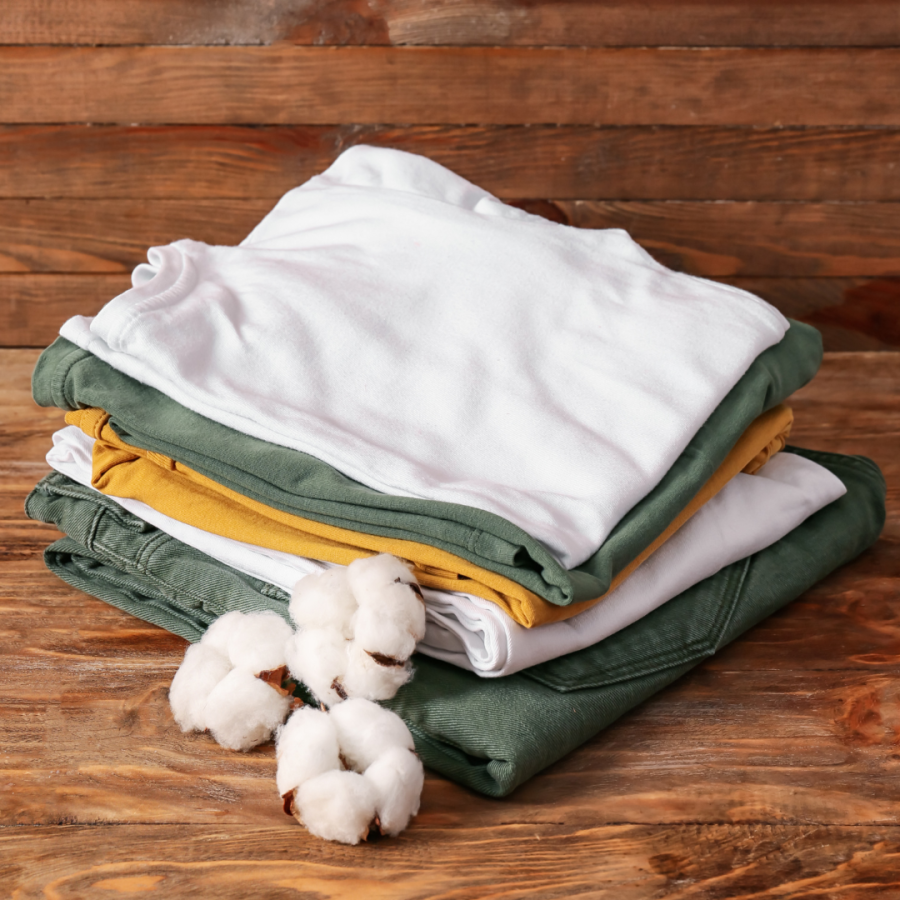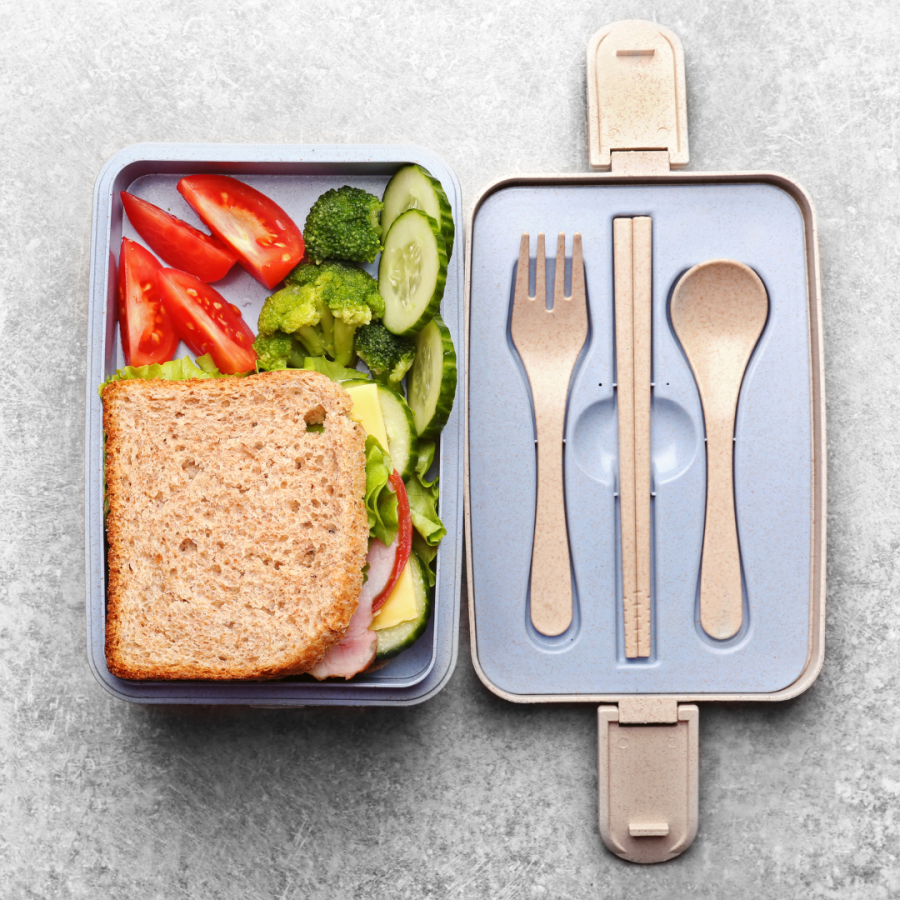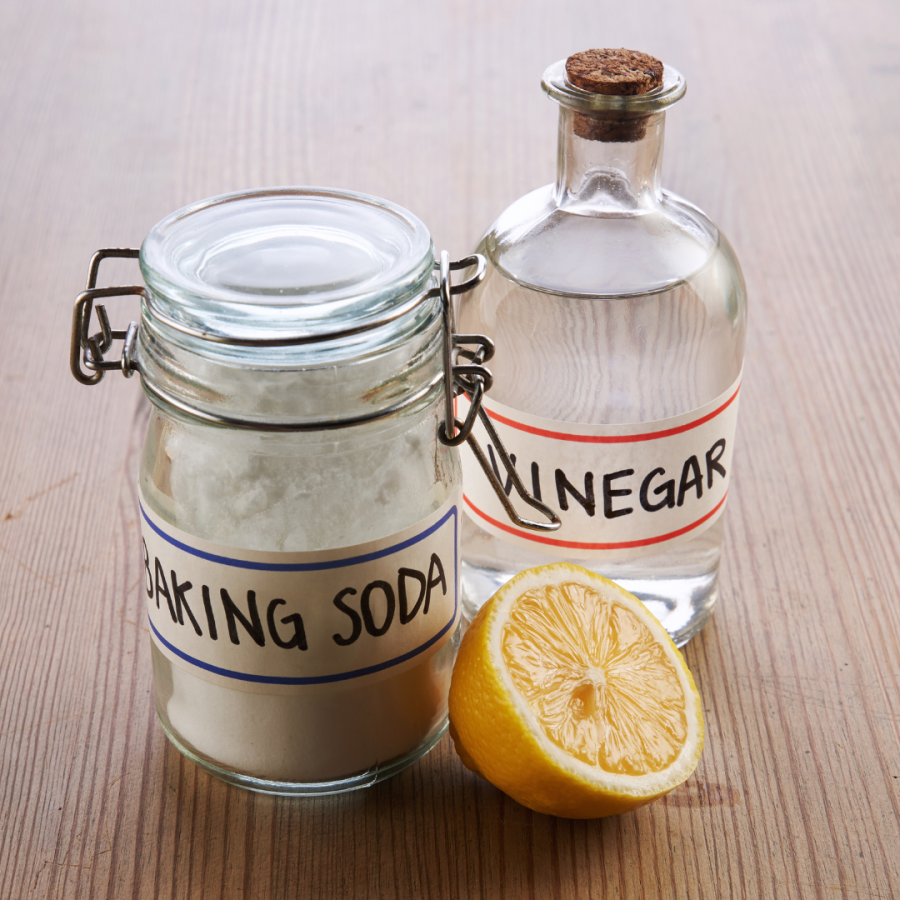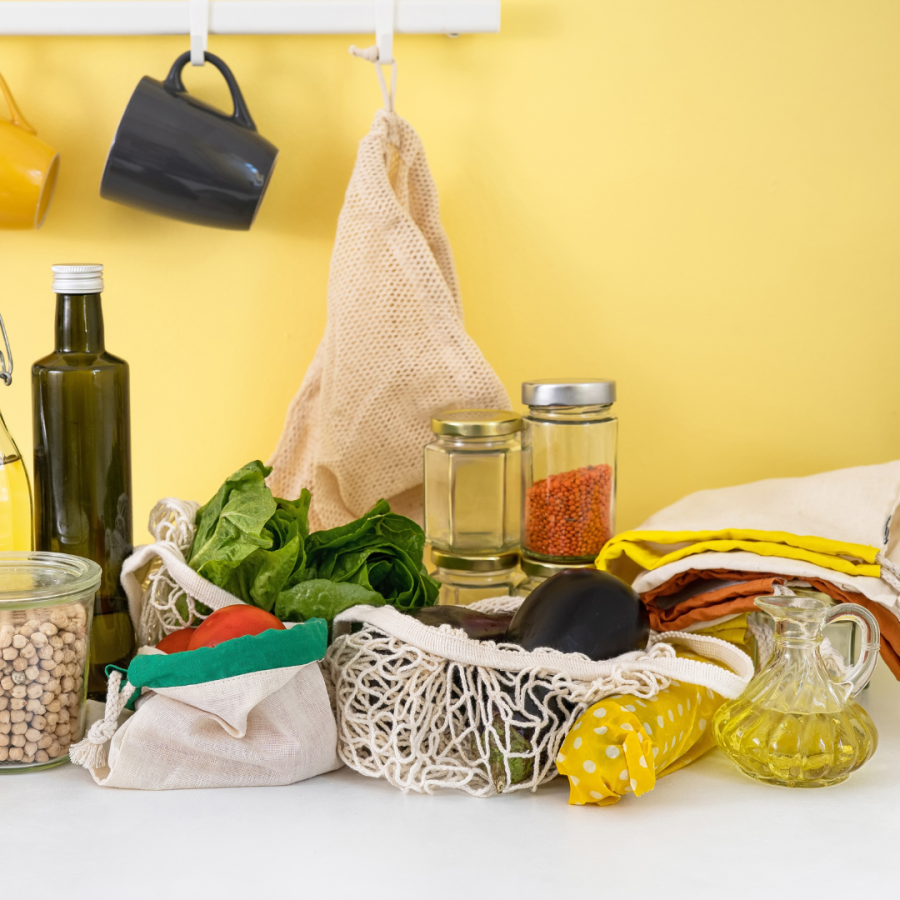
Shop in bulk. Check local grocery stores for bulk bins that carry nuts, seeds, grains, and other dry foods. Whole Foods, Natural Grocers, and Sprouts are a few stores that offer bulk options. If you don’t have access to stores with bulk bins, opt for bulk options with less packaging. For example, skip the individual serving-size bags of chips and purchase the large family-sized bags instead. Shopping in bulk is often cheaper than buying prepackaged goods, so you’ll not only be reducing waste, you’ll also be saving money!
Invest in reusable sandwich bags. These are great for more than just sandwiches. You can find them in various sizes to accommodate all your snacks, like nuts, fruits, chips, etc.
Compost food waste to cut down on plastic waste bin liners. Producing your own compost also means you can skip buying compost from the store that comes in plastic packaging (win-win!).
Reuse plastic grocery bags as trash liners. If you forget your reusable grocery bags and can’t achieve the feat of carrying all 23 items in your arms back to the car, settle for the plastic bag, but make sure to give it a second life by using it as a trash bag or trash can liner.
Say no to produce bags and yes to loose fruits and vegetables. Many fruits are naturally contained in biodegradable packaging already, so skip the unnecessary plastic. For your other produce, you can bring a reusable mesh bag to the store or keep your produce loose in your shopping cart.
Make your own granola bars. Granola bars are surprisingly easy to make. The internet contains endless recipes to customize your bars, with some using only 5 ingredients or offering no-bake options. By making your own, you’re reducing the amount of single-use packaging used to individually wrap each granola bar (bonus points if you can source all your ingredients plastic-free!). This is also a fun activity to do with kids during summer vacation!
